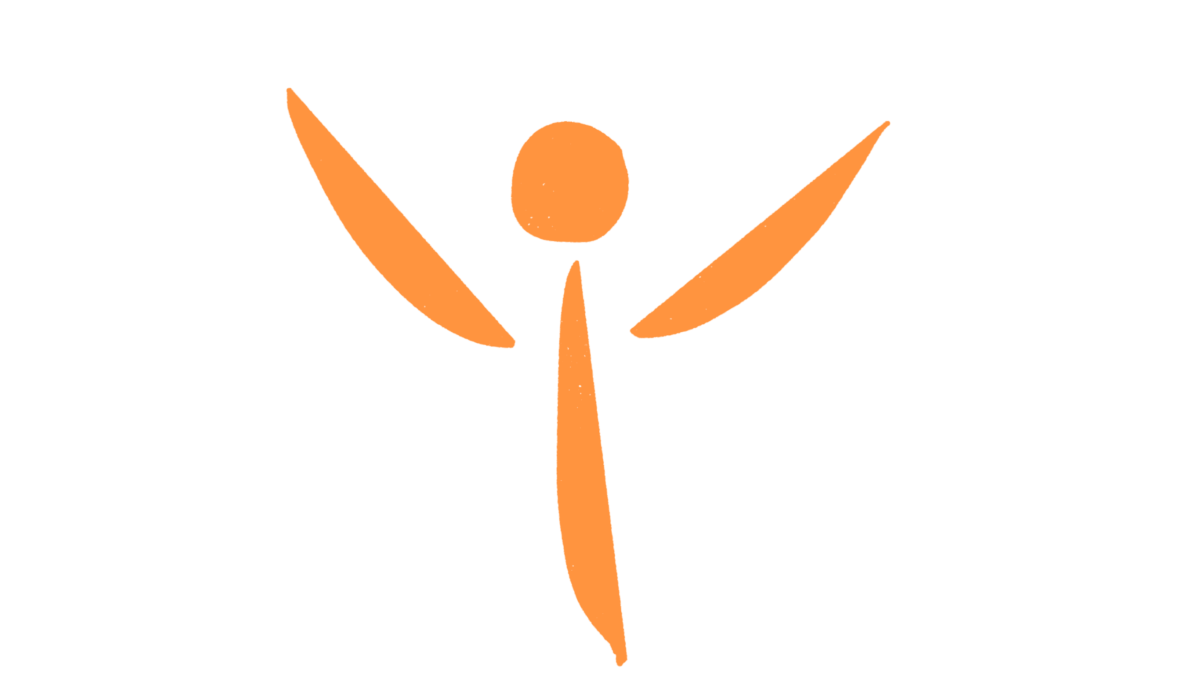It is important when we think about the relationships we have, to consider their quality (measure of excellence).
Why?
- We are social animals and live in relationship all the time.
- Because the quality of relationship will define what can flow across it and how easily it does that (both ways).
Why have I used Conductivity in the title of this entry?


A fundamental aspect of electrical engineering concerns the conductivity of component parts. (Conductivity :- The ability or power to conduct or transmit heat, electricity, or sound.) Wood does not conduct, copper does, as per the diagram above when conduction happens, the light comes on 🙂
Take the example of electricity running in one cable compared to running in another. If the cables / wires are of different diameters, then the current they are capable of carrying, without ‘burning up’ is defined by the cross- section of the wire, e.g a tiny diameter copper wire is used in electric fires to generate heat and if too much current is passed through it, it will break (it is how electrical fuses work)
If you have large diameter copper wires such as used in London Underground, to transmit electric current to the rails, then the amount of current that can flow is much much greater than flows in the electric fire.
In this metaphor you can see that the conductivity of the wires (proportional to the diameter) defines how much ‘energy’ can flow without breaking.
If we join two wires together with massively different conductivities, the energy that can flow without breaking, is determined by the conductivity of the smaller diameter wire. Solder a 13 amp fuse wire to the Underground wire and the maximum current that can flow without ‘blowing the fuse’, is 13 amps!
So it is with Human to Human engagement, relationships and communication. What flows is determined by the lowest conductivity..
When communicating with other people the message can be lost if the connection between us lacks conductivity. If the flow (conductivity ) of one person does not match the flow (conductivity) of the other in a communicative act, then the message one is communicating to the other may be compromised. For example I am very enthusiastically speaking about this subject, my favourite, at 700 amps worth and you can only take 13 amps worth.. Your fuse blows, you do what we know as ‘glaze over’ #toomuchinformation

Think of some important relationships
- How conductive are they?
- What flows from the sender and is never received?
- How can you make the relationship more conductive?
“We never listen to people who do not listen to us”
Why not try really listening to the other first 🙂







